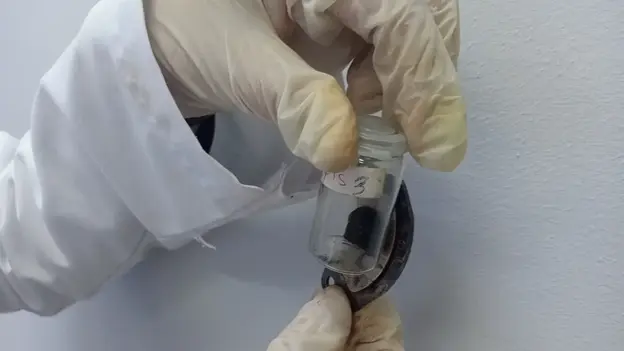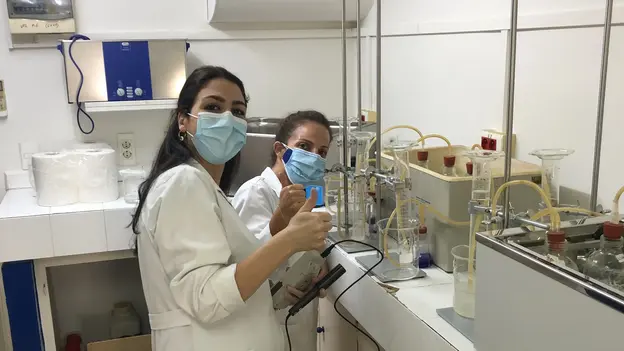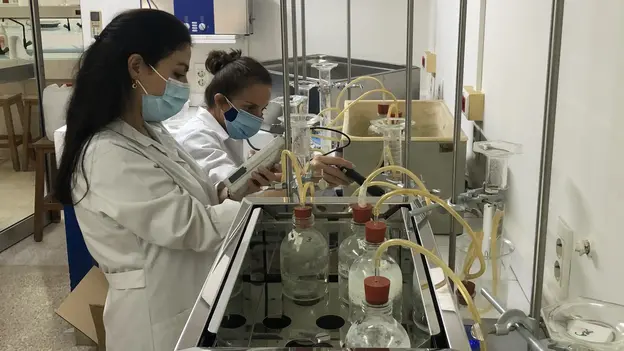Working Group Project
Optimized Biogas as Potential Low Costs Energy Source
Laboratory Study
With the current looming global energy crisis and the depletion of petroleum and natural gas reserves, many under privileged villages and rural areas in Egypt and Lebanon are short of fuel that is necessary for their basic daily activities. This energy problem necessitates the research for low-cost sources of alternative fuel. Biogas is considered a promising source of energy, which can be generated from the biodegradation of various types of organic wastes. The remaining digestate after the biogas production is an excellent fertilizer that can be used for high-quality agricultural activities.
Experimental study with biocompatible & photoactive nanomaterials
During the first phase of the project, nanoadditives were fabricated and fully characterized at Fayoum University, Egypt. The team at the American University Cairo, Egypt was able to identify the stability zones of the flames upon the use of biogas in slot burners to guide the subsequent processes. Colleagues at the university of St Joseph, Lebanon studies grape waste as bioenergy source. They have added copper to increase the methane production and to optimize the process.
In a next step, the project partners study the effect of additional metals on the biogas production process. They will also examine different types of agro-industrial waste in order to present an overview on its usage as alternative bioenergy resources. Finally, a techno-economic analysis will be conducted to analyse the economic performance of biogasproduction with nanoadditives in terms of operating costs, benefits, and risks.
Press Coverage (in Arabic/في اللغة العربية):
SciDev.net READ MORE
- Disciplines Involved
- Engineering, Material Sciences, Chemistry, Energy Engineering
- Project Title
- From Waste to Energy: Conversion of Agricultural Waste to Value-Added Fuel (Part II)
- Year
- 2021
- Funding Scheme
- Working Group Project
- Working Group
- Energy, Water and Environment
- AGYA Publication
- Impact of innovative nanoadditives on biodigesters microbiome







